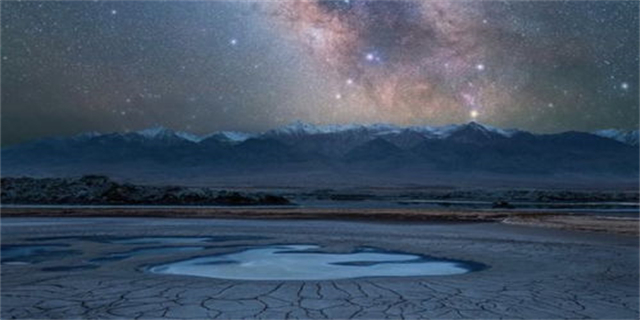impacted(Impacted The Far-reaching Effects of an Event)

Impacted: The Far-reaching Effects of an Event
Introduction
An impact can be defined as the effect or influence that an event or situation has on something or someone. Certain events can leave a lasting impression on individuals, communities, and even entire nations. Such impacts can have both positive and negative implications, shaping the course of history and the lives of those involved. In this article, we will explore the far-reaching effects of an impactful event and delve into three key areas - personal, societal, and historical impacts.
Personal Impact

When an event occurs, it often has a profound impact on individuals involved. Whether it is a natural disaster, a traumatic incident, or a life-altering revelation, such experiences can bring about significant personal change. For example, a person who survives a near-death experience may gain a newfound appreciation for life and develop a greater sense of resilience. Similarly, an individual who witnesses a tragedy may experience psychological trauma that lingers long after the event.
Personal impacts can also extend beyond the individual directly involved. Family members, friends, and loved ones may share in the emotional fallout of a significant event. For instance, if a loved one falls victim to a crime, their family may be forever changed, grappling with grief, fear, and feelings of injustice.
Societal Impact

While personal impacts focus on individuals and their close relationships, societal impacts examine how events shape communities, cultures, and societies at large. Some events have the power to alter the fabric of society, transforming norms, attitudes, and values.

One prime example of a societal impact is the feminist movement. The fight for gender equality gained momentum in the 1960s and 1970s, sparking widespread changes in social, economic, and political arenas. Women, inspired by significant events like the publication of Betty Friedan's \"The Feminine Mystique,\" united in their struggle for equal rights. The impact of this movement can still be seen today, with women now occupying influential positions in various sectors and laws in place to protect their rights.
Another case of societal impact is the Civil Rights Movement in the United States. The advocacy for racial equality led to landmark legal changes, including the desegregation of schools and the enactment of the Civil Rights Act of 1964. These events not only transformed the lives of African Americans but also prompted nationwide discussions on racial injustice, ultimately pushing the nation toward a more inclusive society.
Historical Impact
When an event leaves a lasting impact on society, it also becomes a significant piece of history. Historical impacts go beyond the immediate effects of an event, shaping the course of future events and leaving a lasting imprint on the collective memory of a nation or civilization.
One extraordinary historical impact is the Industrial Revolution. The profound socioeconomic changes that accompanied this period, characterized by the transition from manual labor to industrial production, revolutionized society. The Industrial Revolution sparked the rise of cities, transformed labor practices, and forever changed the way people lived and worked. Its impact can still be felt today, as the effects of industrialization continue to shape economies and societies worldwide.
Another example of a historical impact is the discovery of penicillin by Alexander Fleming in 1928. This breakthrough in medicine revolutionized the treatment of bacterial infections and drastically reduced mortality rates. The discovery of penicillin laid the foundation for the development of other life-saving antibiotics and had a profound impact on medical practices, shaping the field of healthcare as we know it today.
Conclusion
Impacted events have the power to shape individuals, societies, and the course of history. Personal impacts can lead to personal growth or lasting psychological effects on individuals and their loved ones. Societal impacts can challenge and transform traditional norms, driving societal progress and change. Historical impacts shape the trajectory of future events, leaving a lasting imprint on the course of human civilization. It is essential to recognize the significance of impacted events and understand their far-reaching effects to appreciate the complexity of our world and the interplay between events and their consequences.











